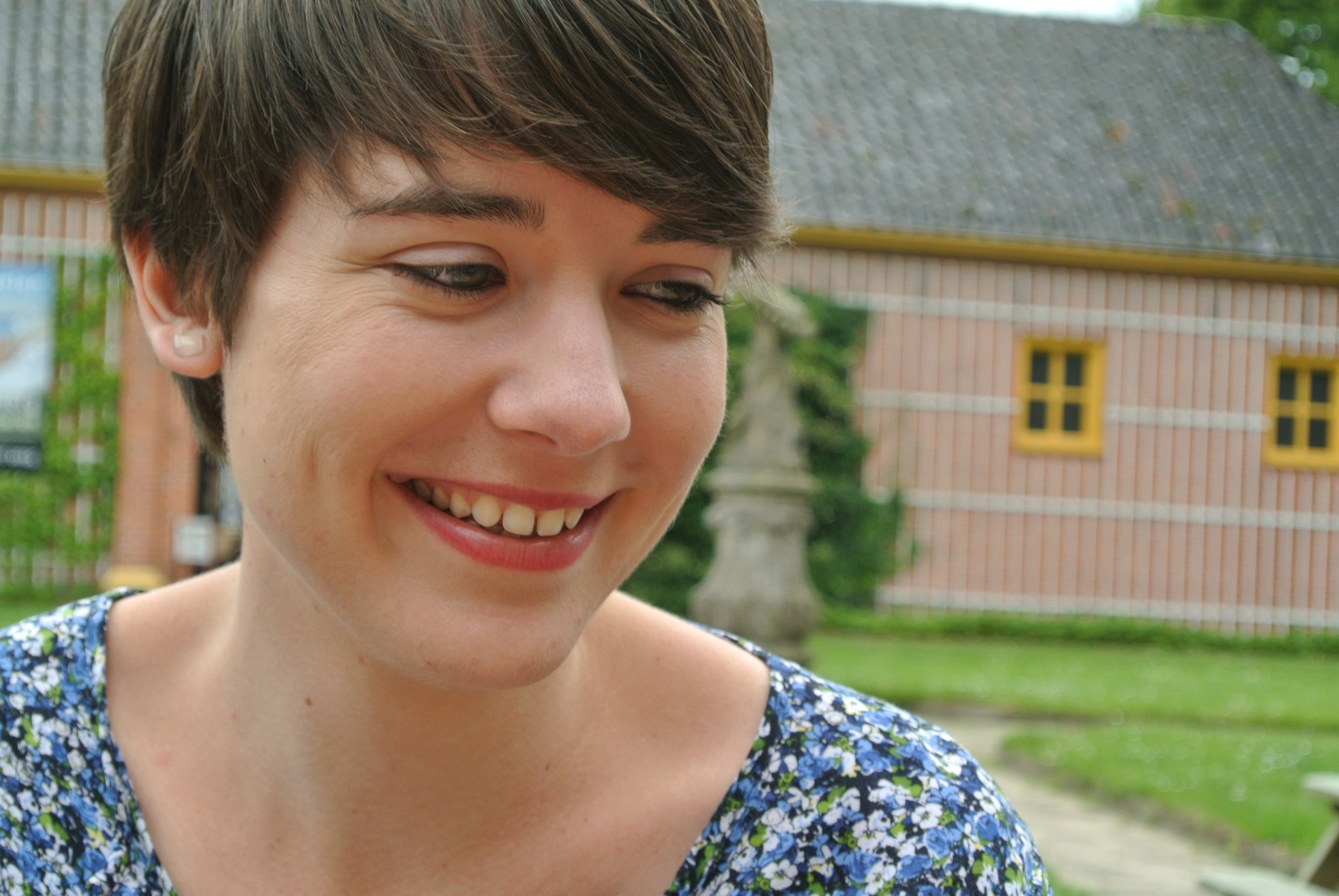ABOUT ME
In September 2015 I started working as a PhD candidate in theoretical linguistics at the University of Groningen, after receiving both a bachelor and master degree in Linguistics at the same university. My supervisors are Jan-Wouter Zwart and Mark de Vries, and I am working on my own project that looks at locality in minimalist syntax.
I have also worked together with Angeliek van Hout and Bart Hollebrandse on the acquisition of sentence ellipsis (sluicing) in Dutch. I wrote my bachelor thesis on preposition stranding and sluicing in Dutch under supervision of Dennis Ott.

Project Description
Revising locality in the Minimalist Program
My PhD research project is situated in the field of generative linguistics, which takes as its starting point that all human beings have an innate language faculty. The primary goal is then to describe this human language faculty by developing a theoretical model that explains how linguistic structure is built, the main goal of the current generative framework, the Minimalist Program, is to keep this theoretival model as simple as possible.
With this theoretical background, I focus on the principle of locality. This is a general principle stating that the structural distance between syntactic elements involved in some kind of relationship cannot be too big. Locality in the current Chomskyan model is derived by chopping a single derivation up into a number of Phases. However, numerous structures (e.g. derivational morhpology on complex phrases, relative clauses, coordinate constructions) show that one single derivation is not enough to derive most sentences. What we need for these structures is a network of derivations where one derivation can function as input to the next derivation. This network of derivations and phase theory have a lot of overlap. It can be shown that the network of derivation is conceptually necessary in the model of the grammar, but this is not the case for phase theory. The goal of my PhD research is to further develop the network of derivations theory and develop it into a full-fledged account of locality.